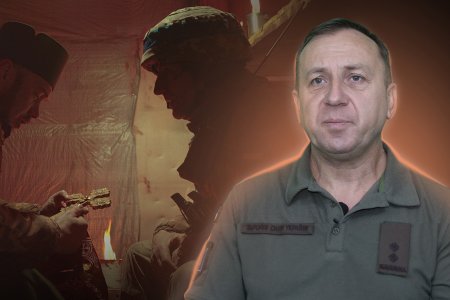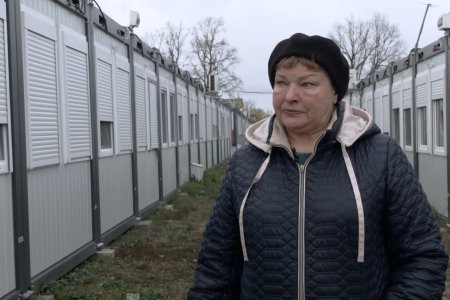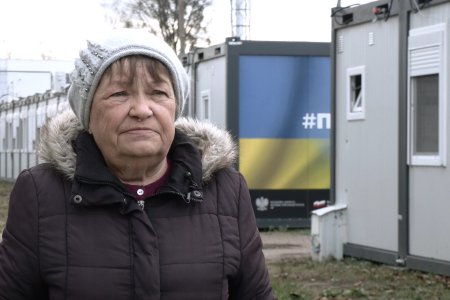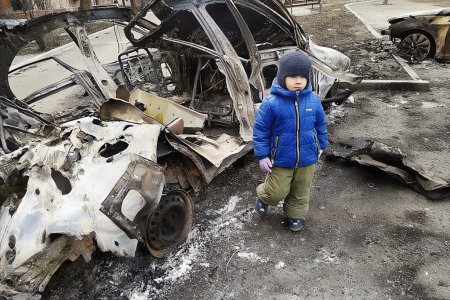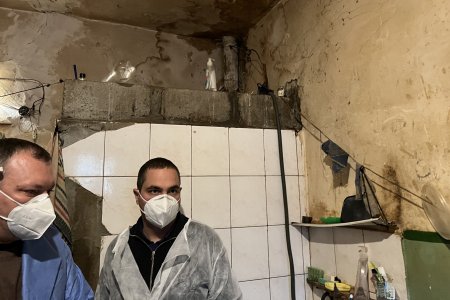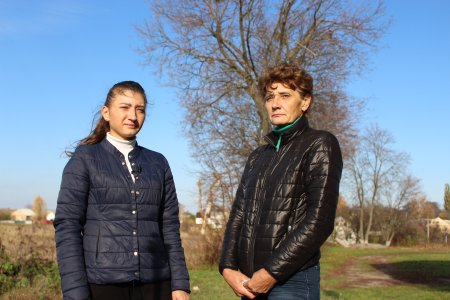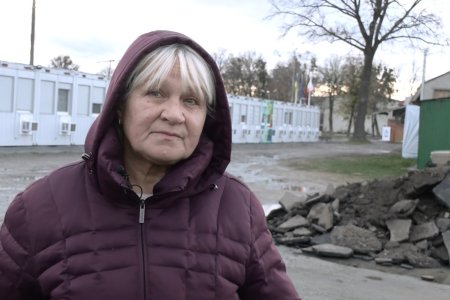
Interview

‘The neighbor was still alive and called his granddaughter to get him out from under the rubble,’ — a resident of Borodianka
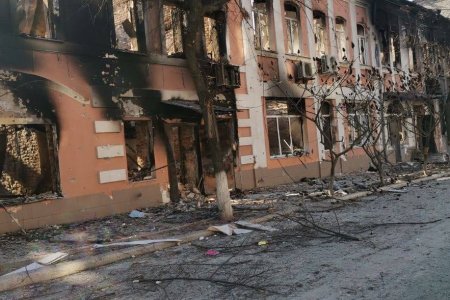
‘I realisied that it's a kilometre to run through unexploded shells to get to the well...’ — Chronicles of occupied Izium
About the KHPG
Who we areContactsAnnual reportsKHPG PoliciesTopics
ConstitutionPoliticsThe right to lifeImplementation of European LawAgainst torture and ill-treatmentThe right to a fair trialThe right to liberty and securityFreedom of conscience and religionFreedom of expressionProhibition of discriminationSocial and economic rightsLaw enforcement agenciesPenal institutionsArmyThe right to health careChildren’s rightsOn refugeesCivic societySpecial projects
War crimesVoices of warHuman Rights Violations associated with EuroMaidanHuman Rights Abuses in Russian-occupied CrimeaDocumenting war crimes in UkraineStories of Convicts. The struggle for lifeDissident movement in Ukraine. Virtual museumThe right to privacyOnline Library

